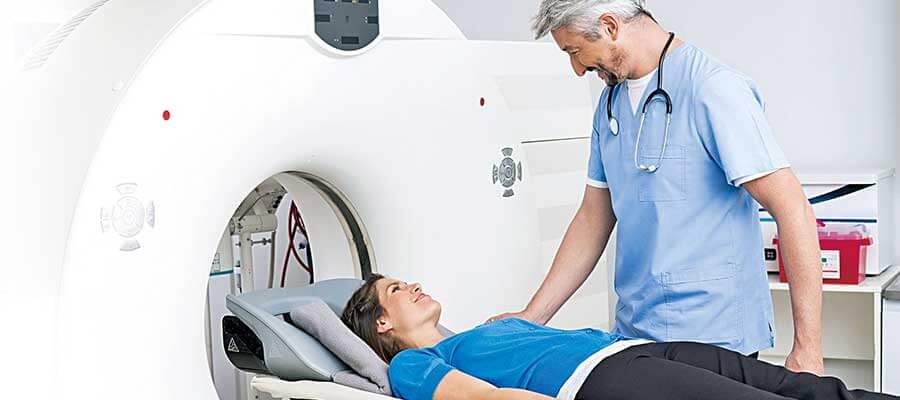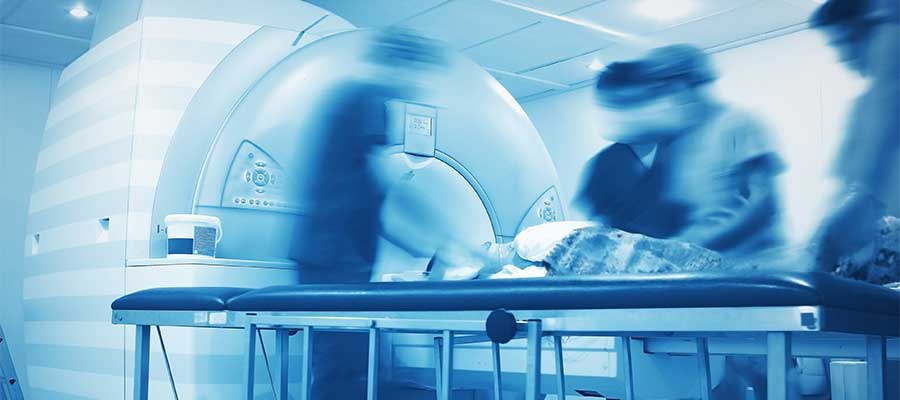Choosing a career in healthcare doesn’t always mean spending a decade in medical school. For many, becoming an MRI technologist offers a rewarding balance between patient care, advanced technology, and career stability. The benefits of being an MRI tech stretch far beyond operating the scanner—they also include job security, personal fulfillment, and a manageable pathway into a respected medical profession.
Helping Patients and Making a Difference
One of the most meaningful parts of this role is the direct impact MRI technologists have on patients’ lives. MRI scans are critical in detecting health issues ranging from sports injuries to serious conditions like tumors and neurological disorders. As an MRI tech, you’re not just pushing buttons—you’re ensuring the images are accurate, preparing patients who may feel nervous, and helping doctors make life-changing diagnoses. Many technologists describe the job as a mix of science and compassion. You spend each day guiding people through an intimidating process while contributing to their journey toward better health.
Another advantage is the faster path into the medical field compared to other careers. While doctors or surgeons may invest nearly a decade in education and training, MRI programs often take just one to two years to complete. Some certificate programs finish in as little as twelve months. These programs provide thorough education in anatomy, physiology, and imaging techniques, paired with clinical hours that build hands-on experience. For people who want to work in medicine without committing the next ten years to school, this career path is an ideal balance of accessibility and opportunity.
The role also comes with strong earning potential and stability. According to the U.S. Bureau of Labor Statistics, MRI technologists earned a median annual salary of around $87,000 in 2024, and the field is projected to grow faster than the average for all occupations. Beyond pay, the work schedule is often more predictable than many healthcare jobs. Outpatient imaging centers frequently operate during standard business hours, offering techs better work-life balance.
Education, Certification, and Career Growth
If this career sounds appealing, the steps to get started are straightforward. A high school diploma or GED is the first requirement. From there, the next step is enrolling in an accredited MRI program—whether through a community college, hospital, or technical school. These programs mix classroom learning with supervised clinical hours, teaching both the science behind imaging and the practical skills needed in real patient settings.
While certification isn’t always mandatory, most employers strongly prefer it. The ARRT certification, for instance, requires completion of an associate degree or higher, graduation from a recognized MRI program, and passing a national exam. Choosing to certify shows employers you are committed to maintaining professional standards and ethics, and it often results in more competitive job offers.
Long term, MRI technologists have plenty of room to grow. Some choose to specialize in advanced imaging, while others move into supervisory roles, education, or even equipment sales for medical imaging companies. Certification and experience can open the door to leadership opportunities and higher earning potential.
A Career with Balance and Fulfillment
Ultimately, the benefits of being an MRI tech come down to a career that blends compassion, technology, and opportunity. It allows you to help patients at pivotal moments, enjoy reliable job prospects, and earn a strong salary without spending nearly a decade in training. For those who want a stable medical career that also allows room for growth and personal balance, MRI technology stands out as one of the most practical and rewarding options.
If you’re ready to explore this path further, consider looking into MRI technologist programs at Pulse Radiology Institute. It’s the first step toward a career that is meaningful, future-proof, and achievable in just a few years.





